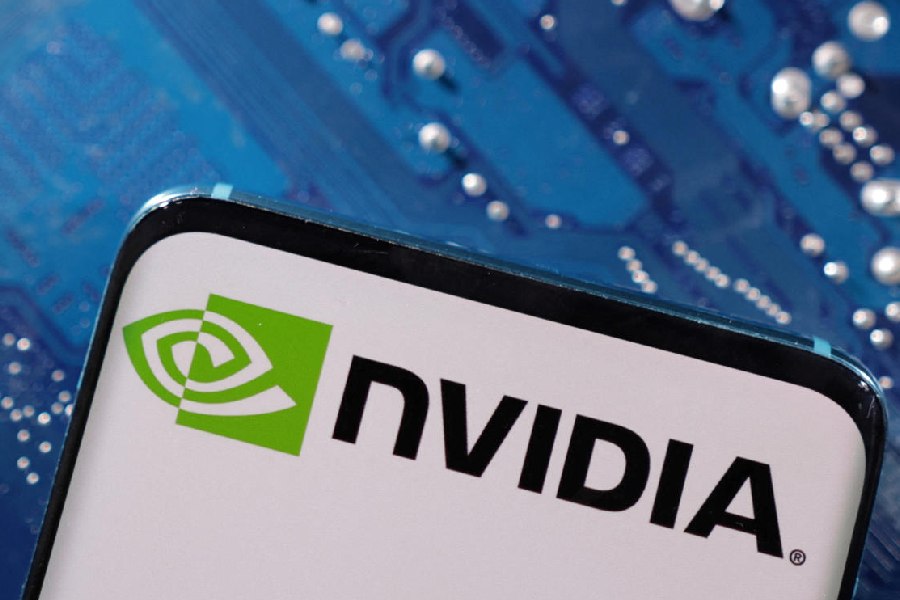Nvidia’s business prospects have been whipsawed by the US government lately. Last month, the government blocked the sale of artificial intelligence chips to China. Weeks later, it approved the sale of similar chips to West Asia.
Amid the turmoil, Nvidia still maintained its breakneck growth as the leading provider of the computer chips used for building AI.
Nvidia said Wednesday that sales in its most recent quarter rose 69 per cent from a year earlier to $44.1 billion. Its net income rose 26 per cent to $18.78 billion. The company exceeded Wall Street’s expectations for sales of $43.28 billion, but fell short of predictions for a profit of $19.49 billion.
Nvidia’s revenue and profit rose even though the Trump administration’s restrictions on chips to China would cost it $4.5 billion, $1 billion less than it estimated in mid-April. The restrictions have pushed Nvidia out of the market for AI chips in China, the world’s largest buyer of semiconductors, which are used to power smartphones and cars.
“Every nation now sees AI as core to the next industrial revolution,” Jensen Huang, Nvidia’s CEO, said during a call with analysts Wednesday.
Nvidia has made selling more chips to governments a key part of its strategy. The company relies on customers like Microsoft, Amazon, Google and Meta for a large portion of its sales. It wants to expand its customer base by adding buyers across Europe and Asia, including West Asia, where AI could be part of the national infrastructure much like a telecommunications network, Huang has said.
OpenAI is planning a 200-megawatt data center next year at an AI campus in Abu Dhabi that could support 100,000 of Nvidia’s chips.
“We’re going to keep our supply chain quite busy for many more years,” Huang said.
New York Times News Service











